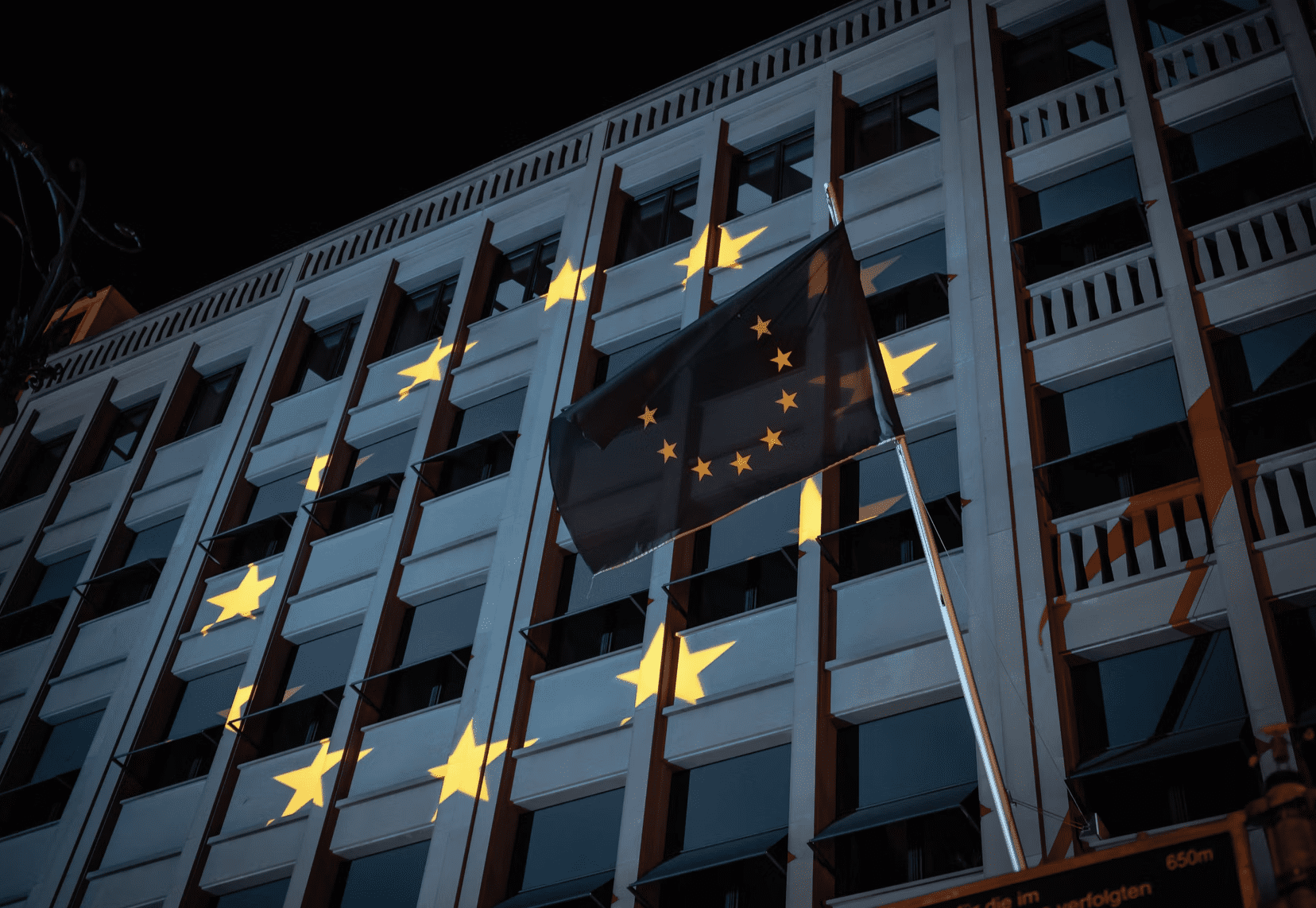
The European Union quickly came out with a substantial response to the UK’s June 13th announcement that it was pursuing unilateral change to the controversial Northern Ireland Protocol.
On Monday, June 13th, UK Prime Minister Boris Johnson’s government sent a bill to parliament that would make changes to the post-Brexit trade deal with the European Union, specifically, the Northern Ireland Protocol. This bill was intended to regulate how goods pass through Northern Ireland (part of the UK), and into the Republic of Ireland (an EU member state). Under the protocol, Northern Ireland is essentially treated as if it were still part of the EU regarding the trade of goods in order to avoid a hard land border between the two Irelands.
On Monday night, Brussels threatened legal action against the UK for breaching the trade agreement. By Wednesday morning, June 15th, it announced that it was following through on that threat, reopening a stagnant lawsuit against the UK for its breach of the Northern Ireland protocol, as well as filing two more indictments for failing to comply with controls at border posts and the sharing of data as required by the protocol.
The first lawsuit had been put on hold as Brussels and London attempted to work out their differences with the protocol, but now the European Commission has announced that if the UK does not reply within two months, the EU may take the UK to the European Court of Justice.
At a press conference, European Commission Vice President Maroš Šefčovič explained the EU’s position and condemned London’s unilateral move as a breach of international law.
“Let there be no doubt: there is no legal nor political justification whatsoever for unilaterally changing an international agreement,” Šefčovič said. “Opening the door to unilaterally changing an international agreement is a breach of international law as well. So, let’s call a spade a spade: this is illegal.”
He also said that London’s unilateral action had “created deep uncertainty” and “casts a shadow over” co-operation between the EU and the UK “at a time when respect for international agreements has never been more important.”
When asked why the EU wouldn’t reopen the treaty, as the UK has been demanding, Šefčovič said that the protocol was the only feasible solution but that the EU was willing to provide maximum flexibility within the protocol as it stands, adding that the EU is proposing very limited checks on goods crossing the Irish Sea to Northern Ireland.
Additionally, he said that even that proposal is not “take it or leave it” and that Brussels is willing to be “imaginative” in applying the protocol.
Simultaneous to the press conference, the EU published position papers with its proposals for managing the protocol as it stands.
Regarding the imposition of tariffs or other retaliatory measures, Šefčovič also said that “if this draft bill becomes the law, then I cannot exclude anything.”
Šefčovič said that by both opening legal action and proposing solutions, it is taking a “carrot and stick” approach to Johnson’s move to unilateral action.
Controversy and haggling over the protocol does not appear to be ending any time soon.
